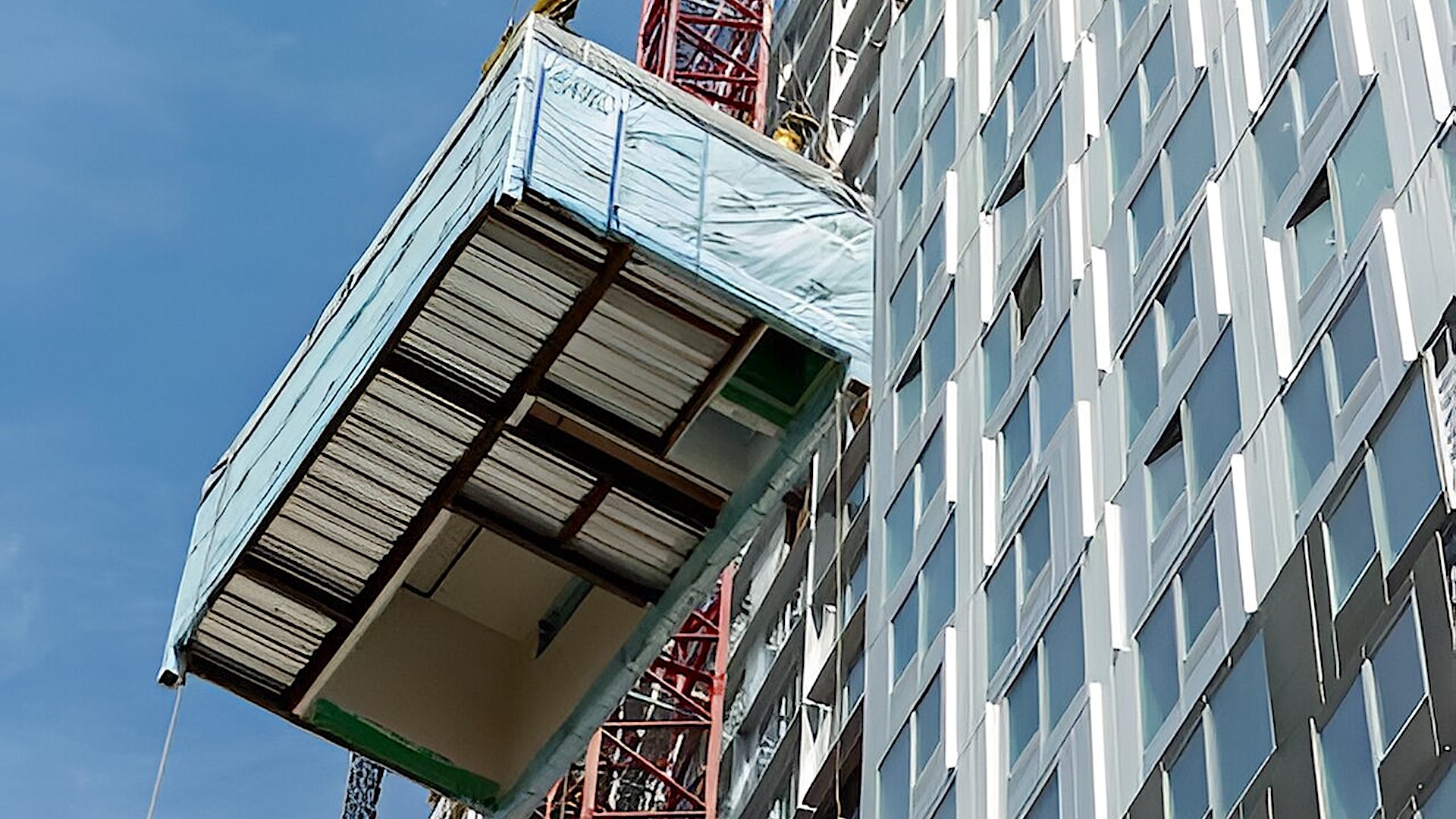Researchers at the University of Maine have successfully 3D printed an organic building material known as the SM2ART Nfloor, which has the strength of steel. The floor is printed as a single piece in about 30 hours, making it a third faster than building something similar by hand, with the added benefit of being able to print the panels in bulk off-site and then ship them to the construction area.
The material used for the Nfloor is a bioplastic made from 20% bamboo and 80% polylactic acid (PLA), a common material in 3D printing that is fully biodegradable and recyclable. The Nfloor offers both a graceful end of life and highly scalable production capabilities, addressing the need for affordable and sustainable housing solutions. Ongoing work on the Nfloor includes improvements related to fire retardant properties.
Scott Tomlinson, a structural engineer at the University of Maine, highlighted the potential of this technology for the future of sustainable buildings. The researchers have previously built a demo home using similar 3D printing techniques.
While 3D printing is gradually gaining traction in the construction industry, the University of Maine’s achievement with the Nfloor material demonstrates the potential for innovation in sustainable building practices. The development of faster, more efficient, and cost-effective production methods is underway, with a focus on incorporating additional functionalities into the material. This advancement in 3D printing technology holds great promise for the future of construction and sustainable architecture.
Source
Photo credit www.thecooldown.com




